6 Habits That Help Boost Immune System Function
“You get hit the hardest when trying to run or hide from a problem. Like the defense on a football field, putting all focus on evading only one defender is asking to be blindsided.”
― Criss Jami, Killosophy
At the time of this writing, most of us are still living under some form of “Stay At Home” or “Shelter In Place” order. However, some of the states here in the US are starting to slowly roll-out new phases of re-opening and re-integrating. With these new phases are new oddly specific lists of activities and guidelines by which, we are to abide.
Within these printed guidelines and advice from our government is a plethora of ways to defend ourselves by trying to create more social distance and staying indoors. Unfortunately, very few people are talking about how you can help defend yourself by building a stronger immune system. Covid-19 isn’t the only scary virus out there. We still need to be cognizant of all of the other critters that would like nothing more than to make our bodies their home.
To help prime the discussion here’s a great, short video by Ted-Ed on how the immune system works:
Now, here are 6 Defensive Habits that Help Boost Immune Function:
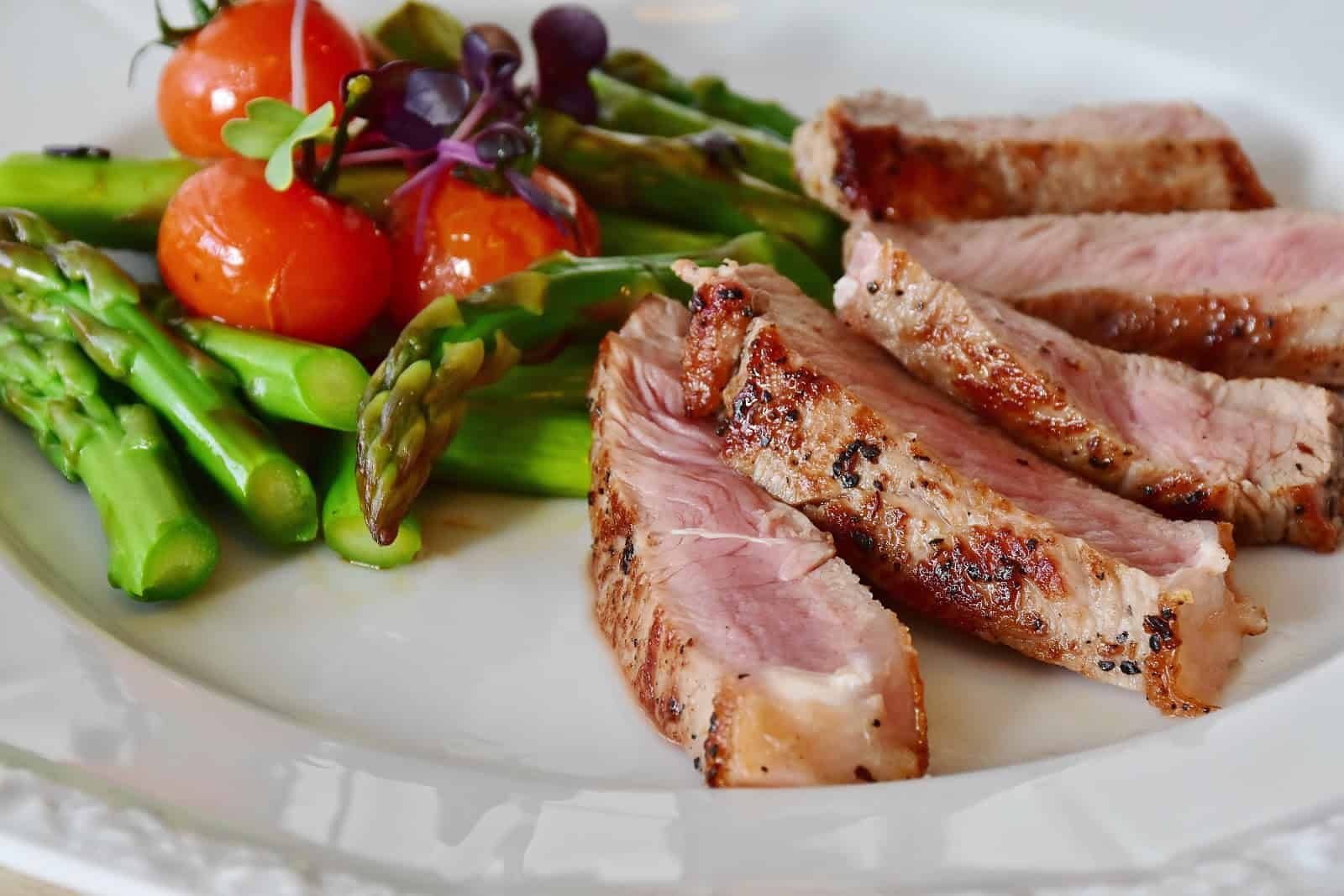
Nutrition: Central Macro and Micronutrients
We are advocates of practicing a mostly whole foods diet with a wide variety of protein, vegetable, and fruit sources. Some major nutritional players in immune system support are:
- Protein: From building lean tissue to building antibodies, protein is arguably the most important macronutrient for your immune system. Optimal amounts vary for the individual based on a variety of factors, like the individual’s body weight and activity level. Aiming to get 1-2 servings per meal or 0.8-1.2 kg of bodyweight each day is likely optimal for most people. Whether animal or plant-based, aim for the best quality available to you that you can afford.
- Vitamin D: Over the past several years, our understanding of Vitamin D has greatly increased. It has been shown to protect against respiratory diseases, depression, flu development, and cardiac disease markers in overweight subjects. Sun exposure is the best source of Vitamin D, but you can also find it in salmon, egg yolks, sardines, shrimp, fortified milk, and cereals. If you don’t live near the equator, supplementation is a great practice. Recommendations can range from 400-6,000IU for healthy adults. For more on Vitamin D, check out Keenan Eriksson’s article on optimal levels for performance and longevity.
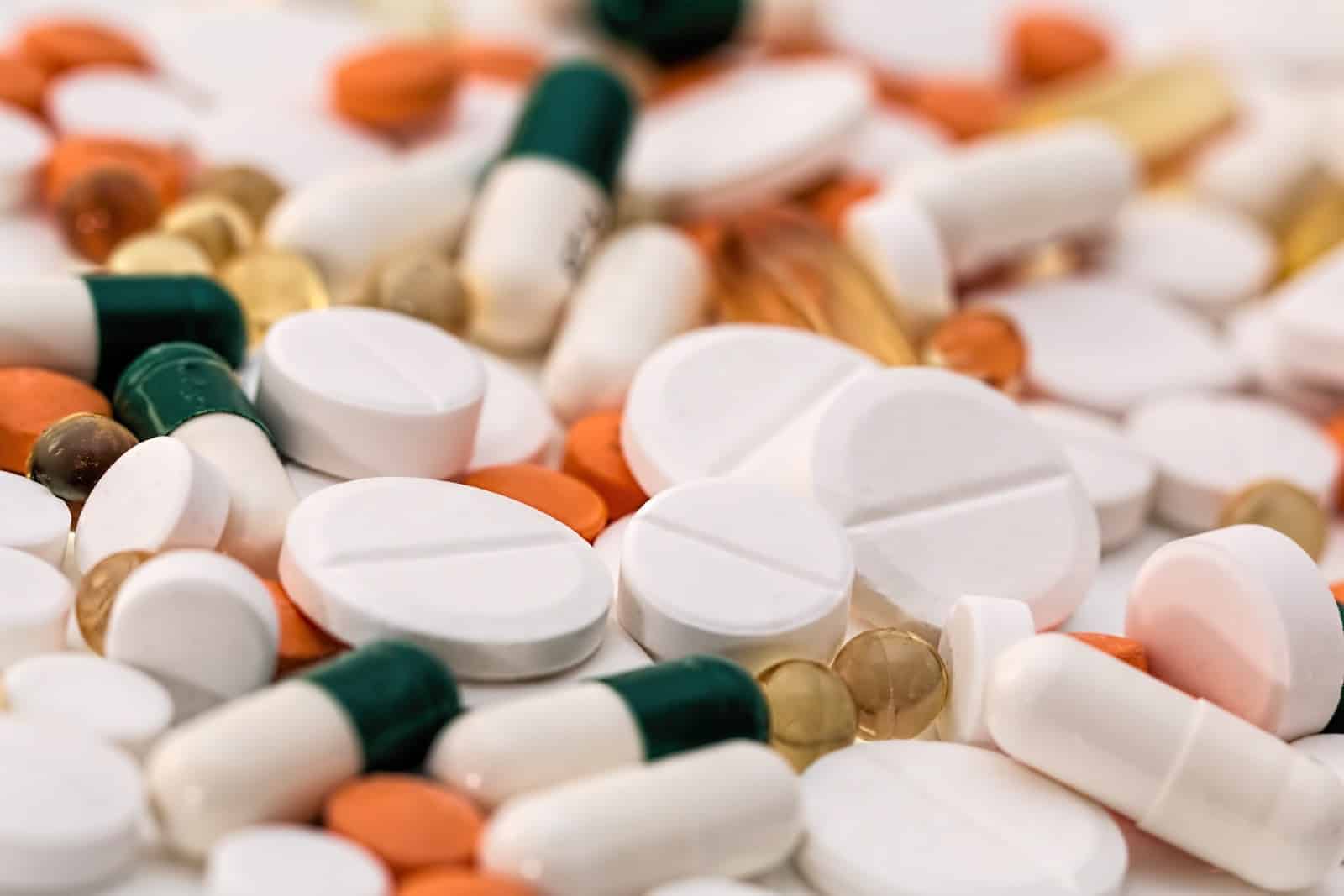
- Zinc: Zinc is central to the immune system by effectively activating T-Cells, which are responsible for attacking infected or cancerous cells and regulating immune responses. Scallops, oysters, and high-quality, whole grains are good food sources for zinc. Supplementation can be done via lozenges or pills at about 8-30mg/day.
- Vitamin C: Vitamin C is the OG micronutrient we look to for an immune boost. It’s a powerful antioxidant that can help your body produce lymphocytes and phagocytes, which help protect against infections. Whole food sources, like citrus fruits, broccoli, and bell peppers are best, but supplementing daily with 75-90mg can help, as well.

Sleep
We talk a lot about sleep around here, and we’ll continue to do so because it is the most important habit we can build that affects everything we do. You can check out my previous article on sleep here. Some good sleep hygiene practices include:
- Aim to get 7-9 hours of uninterrupted time in bed, in a dark room, with no electronic distractions.
- Stick to a reasonable, consistent bedtime, optimally before midnight.
- Precede bedtime with some soft tissue/deep breathing work to engage the parasympathetic nervous system, and allow the body to downregulate.
- Keep your bedroom dark and cool, like a cave. Kelly loves the Chilipad, which can help keep your body temperature regulated, especially if you’re a hot sleeper.chilitechnology.com/trsAim to get 7-9 hours of uninterrupted time in bed, in a dark room, with no electronic distractions.

Limit Alcohol Consumption
Around the end of this past March, alcohol sales increased by about 55%, compared to 2019. Many of us turn to alcohol to unwind, and being in a pandemic increases the need to blow off some steam. While direct negative impacts of alcohol on the immune system are unclear, we do know that long-term abuse can have disastrous results on your pancreas, liver, and heart. Alcohol also blocks REM sleep and causes micro interruptions in your sleep cycles, so your sleep quality greatly decreases. If you are going to partake, pay special attention to how you feel the next morning and to your cognitive performance throughout the day. Those two metrics are a good indication of whether or not you are being adversely affected by your consumption.
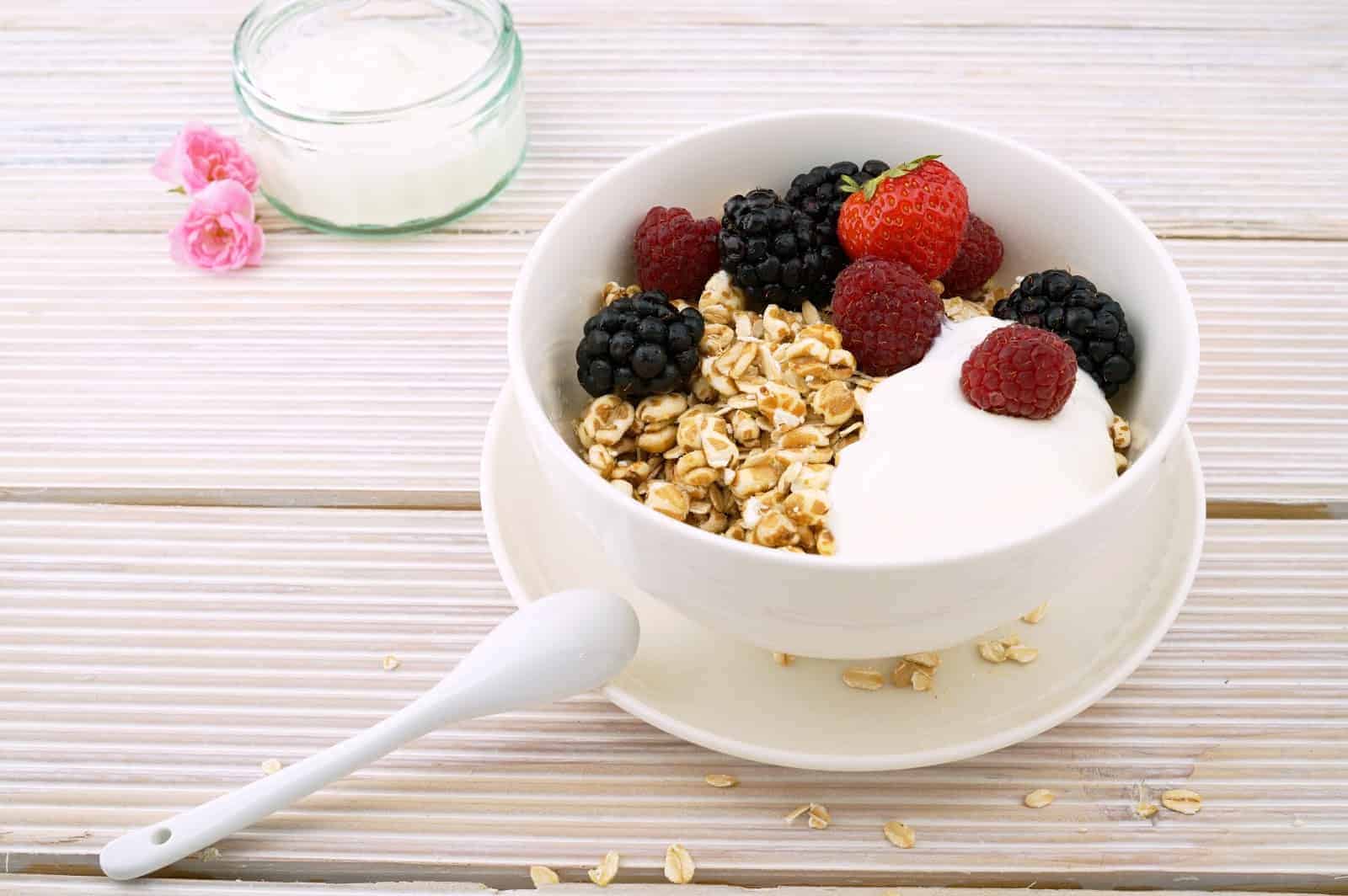
Eat to Support Digestive Health
Good digestive health is central to good immune health. Much of our defenses against bacteria, viruses, and other gremlins reside in the gut. Eating to support your digestive system by adding prebiotic and probiotic foods, such as yogurt, kefir, sauerkraut, kimchi, and bananas is an easy way to promote the growth of healthy gut bacteria. Probiotic supplements can be used to aid in this endeavor, but likely aren’t necessary for most people. If you have digestive issues, trying an elimination diet would be a good way to see what is causing the problem, versus trying to fix the issue with a pill. For more on this subject, you can check my previous article on some digestive health basics.
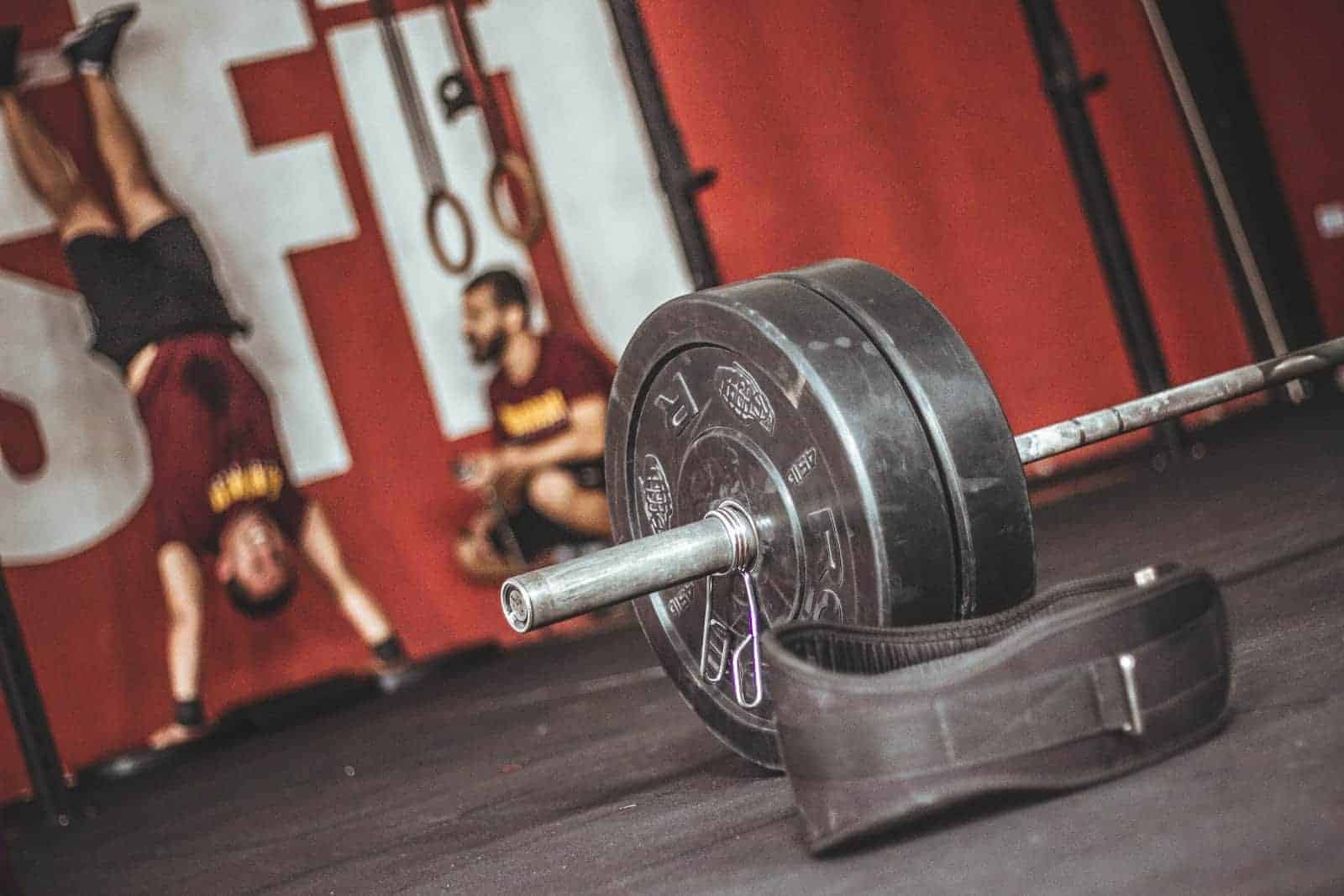
Move Every. Single. Day.
Given that this is The Ready State, it’s likely that you have some sort of movement practice in place. However, if you’re a fellow gym rat, this pandemic likely shut down your sanctuary. That’s okay. Perhaps this isn’t the time to chase gym PRs. Rather, it’s a time to reassess goals, connection to your practice, and build new habits around movement. No matter the type of program you choose to follow, the immune benefits of challenging yourself with movement are far-reaching. Find something you enjoy and practice. If you can do it in the sun, that’s even better.

Step-up Your Basic Hygiene Game
We’ve commonly been advised to wash our hands for 20 seconds (sing “Happy Birthday” to yourself) and don’t touch your face. It’s solid advice, but it’s not enough. Here are some ideas on where to place your focus:
- Wash your hands frequently and thoroughly, focusing on in-between fingers, under nails, and your thumbs.
- Items like cell phones, laptops, keyboards, keys, fitness gear, door handles, and towels/rags should be disinfected regularly.
- Gentlemen, please, wash your hands after going to the restroom. It never was, and never will be, acceptable to be the guy who just walked out of the men’s room after going number one.
- Separate meats from fruits and vegetables when grocery shopping, and use separate cutting boards when preparing meals.
- Utilize a food thermometer and cook your meat to its optimal internal temperature. A quick Google search will help you out on this.
By no means is this meant to be preachy. Really basic hygiene practices are more important than ever. We’re all guilty of letting some of the above ideas slide, especially regularly cleaning our personal electronics and fitness gear. To protect each other, we’re all going to need to take extra care and time to tighten-up our hygiene game.

The lifestyle habits are basic, as well. However, that does not make it easy. There is a strong possibility that our new normal will be constant, and sometimes strange, changes in our daily routines. Changes that will largely be out of our control, so managing how we react to those changes will be a big determining factor in our daily stress levels. Finding a foundation in the above habits can provide some flexibility when things seem out of control.
Thanks for reading.

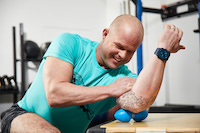
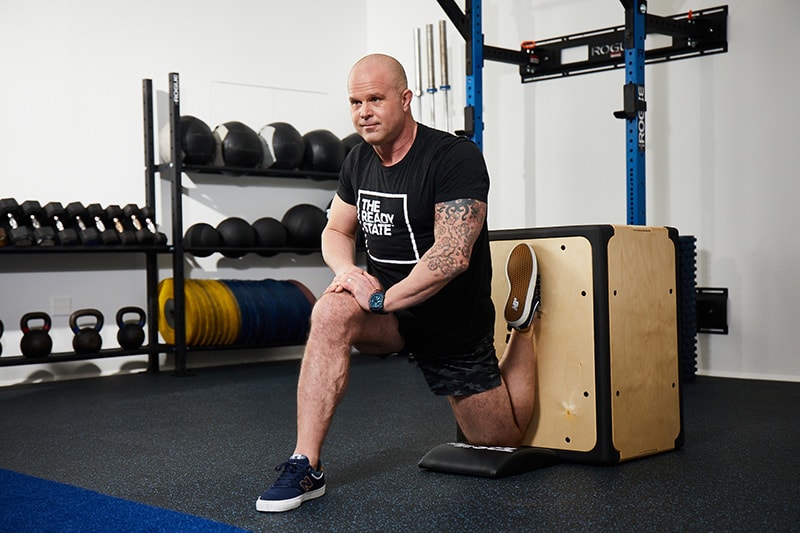
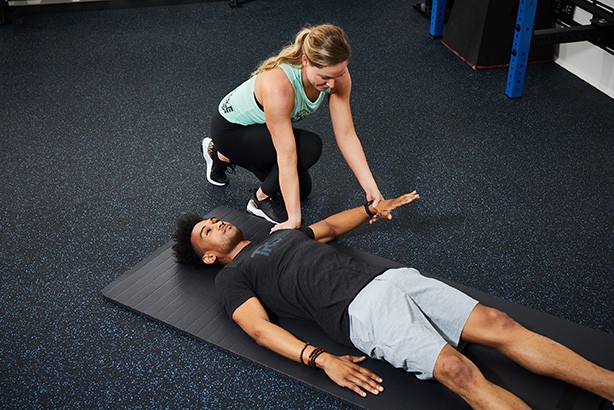
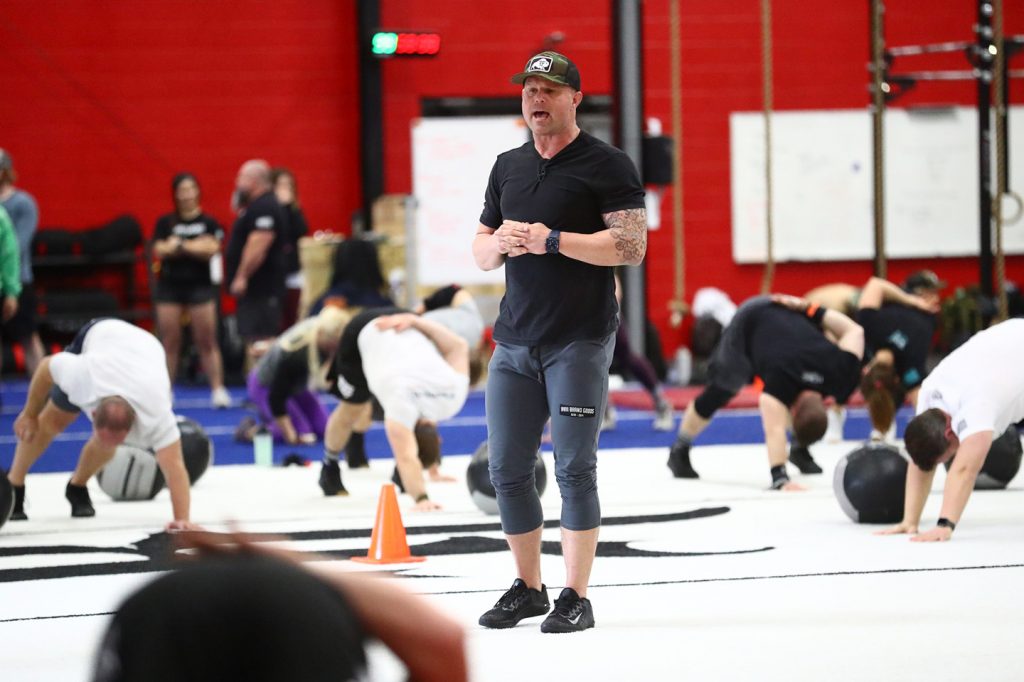
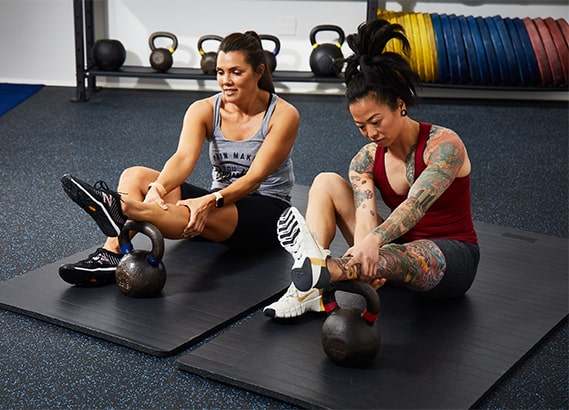
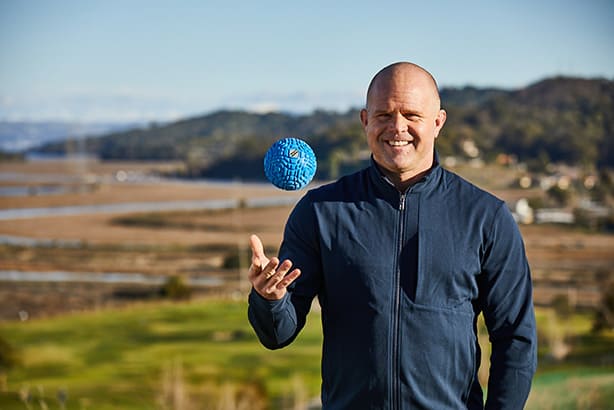
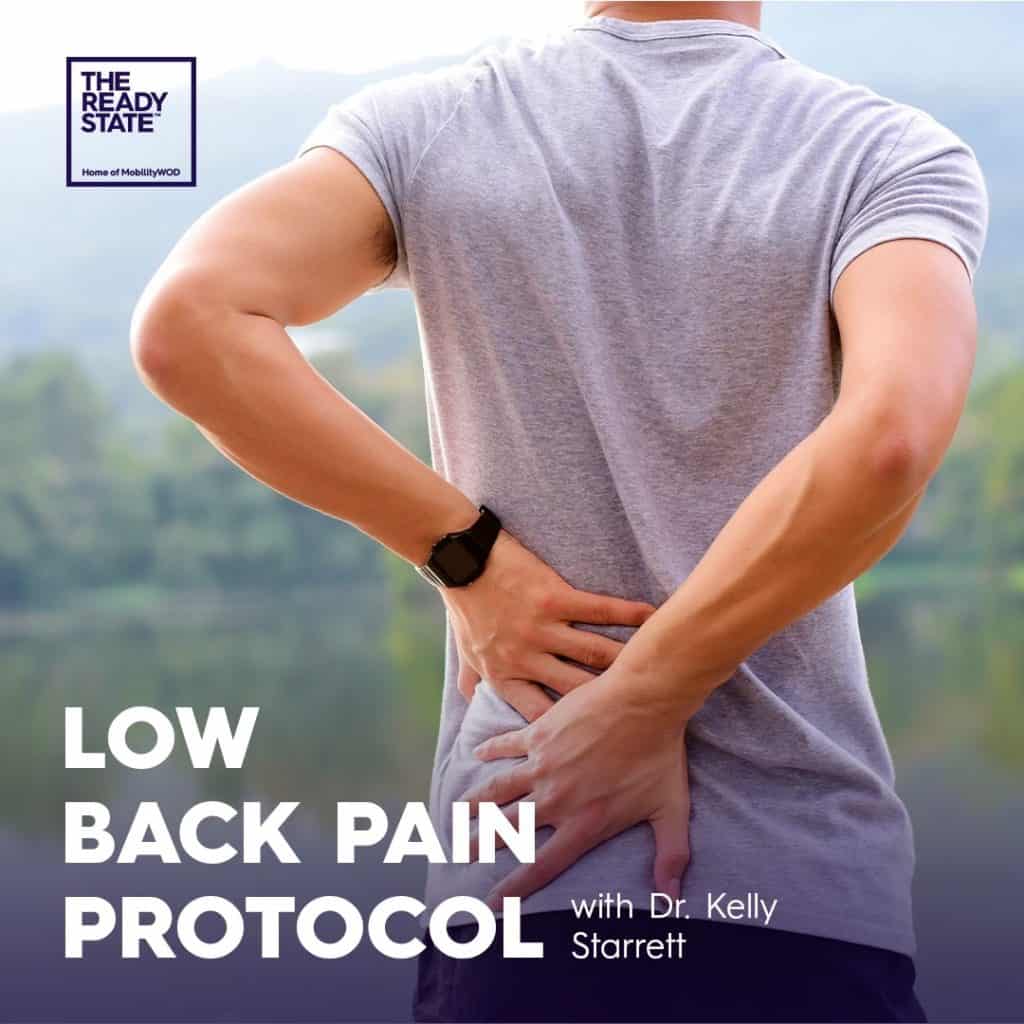
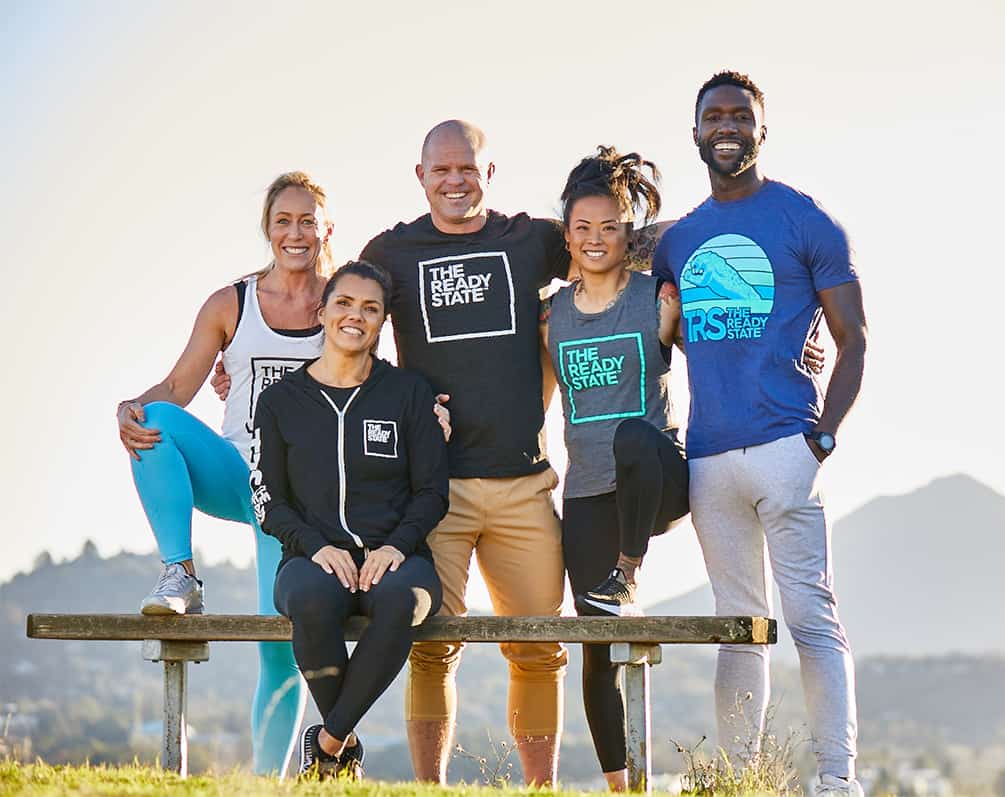
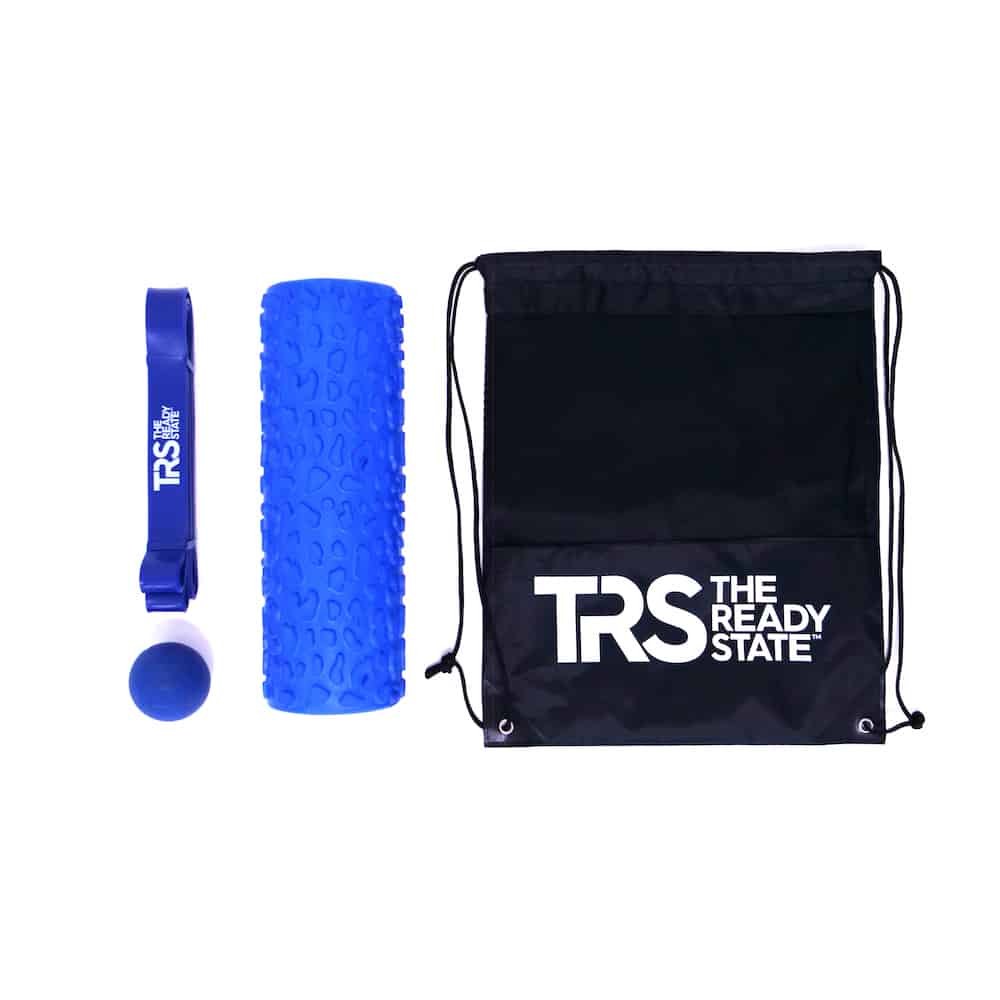

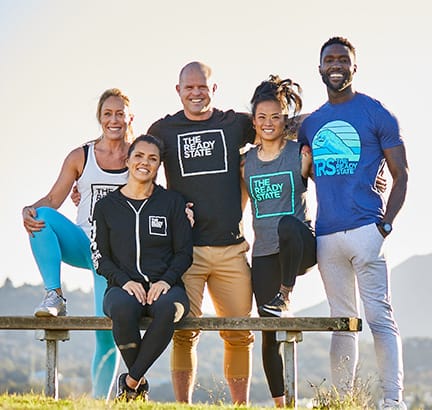







TRS Virtual Mobility Coach
Guided mobilization videos customized for your body and lifestyle.
FREE 7-Day Trial